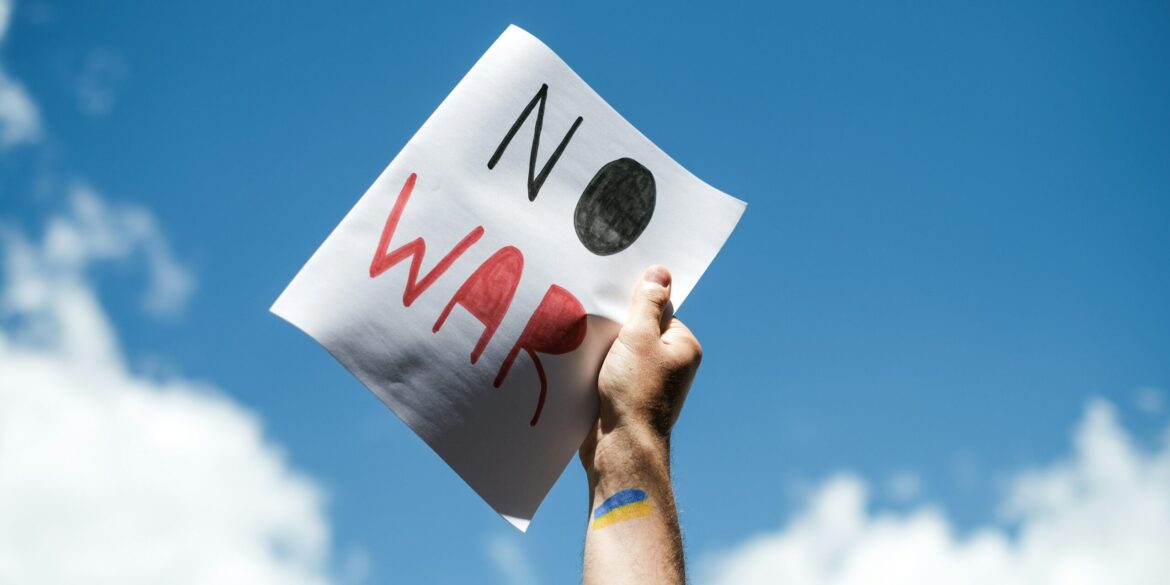In a move that has sparked significant controversy, the United States has announced it will not participate in the upcoming United Nations Universal Periodic Review (UPR) of human rights. This decision, which comes ahead of the November 2025 review, marks a dramatic shift in U.S. foreign policy regarding international human rights assessments and has drawn sharp criticism from global human rights advocates.
The UPR, a vital component of the UN’s human rights framework, conducts regular reviews of the human rights practices of all 193 UN member states every four to five years. The review process aims to hold countries accountable for their human rights records, encourage transparency, and foster improvements in human rights protection worldwide. The absence of a U.S. submission for the 2025 review means that for the first time in the history of the UPR, the United States will not be included in the process.
This withdrawal follows an executive order signed by former President Donald Trump in 2018, which directed the U.S. to disengage from the U.N. Human Rights Council (HRC). Trump argued that participation in the council, which has often been criticized for its perceived bias and failure to address human rights violations in certain member states, would imply an endorsement of an institution that he believed failed to hold violators accountable. The Trump administration’s withdrawal from the council was part of a broader trend of skepticism toward multilateral institutions and a preference for unilateral action.
Human rights advocates have quickly condemned the U.S. decision, warning that this move could have far-reaching consequences. Critics argue that by withdrawing from the UPR, the U.S. is sending a dangerous message to authoritarian regimes and countries with poor human rights records. Without the U.S. leading by example, these nations may feel emboldened to continue their human rights abuses without fear of international scrutiny.
The United Nations Office of the High Commissioner for Human Rights (OHCHR) expressed regret over the U.S. decision, noting that the U.S. had historically been a key player in advocating for human rights and had contributed to strengthening global protections through its active participation in the UPR process. Many supporters of the UPR are concerned that the absence of the United States could weaken the credibility and effectiveness of the review, as other nations may follow suit, further eroding the integrity of international human rights oversight.
The United States has long been a champion of human rights, both through its domestic policies and its involvement in international efforts to combat human rights violations. However, recent moves by the U.S. government, including the withdrawal from the Human Rights Council and now the UPR, have raised questions about the country’s commitment to upholding global human rights standards. Critics argue that disengagement from such key international mechanisms could damage the U.S.’s moral standing and influence in global human rights discussions.
The decision to skip the upcoming UPR review could also have practical implications for the United States itself. Critics have pointed out that the review provides an opportunity for countries to assess their own human rights record, receive feedback from other nations, and commit to improvements. By opting out, the U.S. may miss a crucial opportunity for self-reflection and international dialogue on issues such as racial inequality, immigration policy, and the treatment of marginalized communities.
While some argue that the U.S. should prioritize domestic issues and engage with international organizations on its own terms, the decision to bypass the UPR signals a retreat from long-standing international efforts to promote and protect human rights. As the world’s most powerful democracy, the U.S. has historically been seen as a global leader in advocating for human rights. This recent decision to withdraw from key UN human rights processes may signal a shift in U.S. foreign policy, with potential long-term consequences for global human rights efforts.
As the November 2025 review date approaches, many are left to wonder what the future of U.S. participation in international human rights mechanisms will look like. Critics argue that without the U.S. at the table, the world risks losing a crucial voice in the ongoing struggle to ensure that human rights are universally respected and upheld. The UPR’s success has always depended on the active involvement of all member states, and without the U.S., the process may face new challenges in maintaining its effectiveness and credibility.

